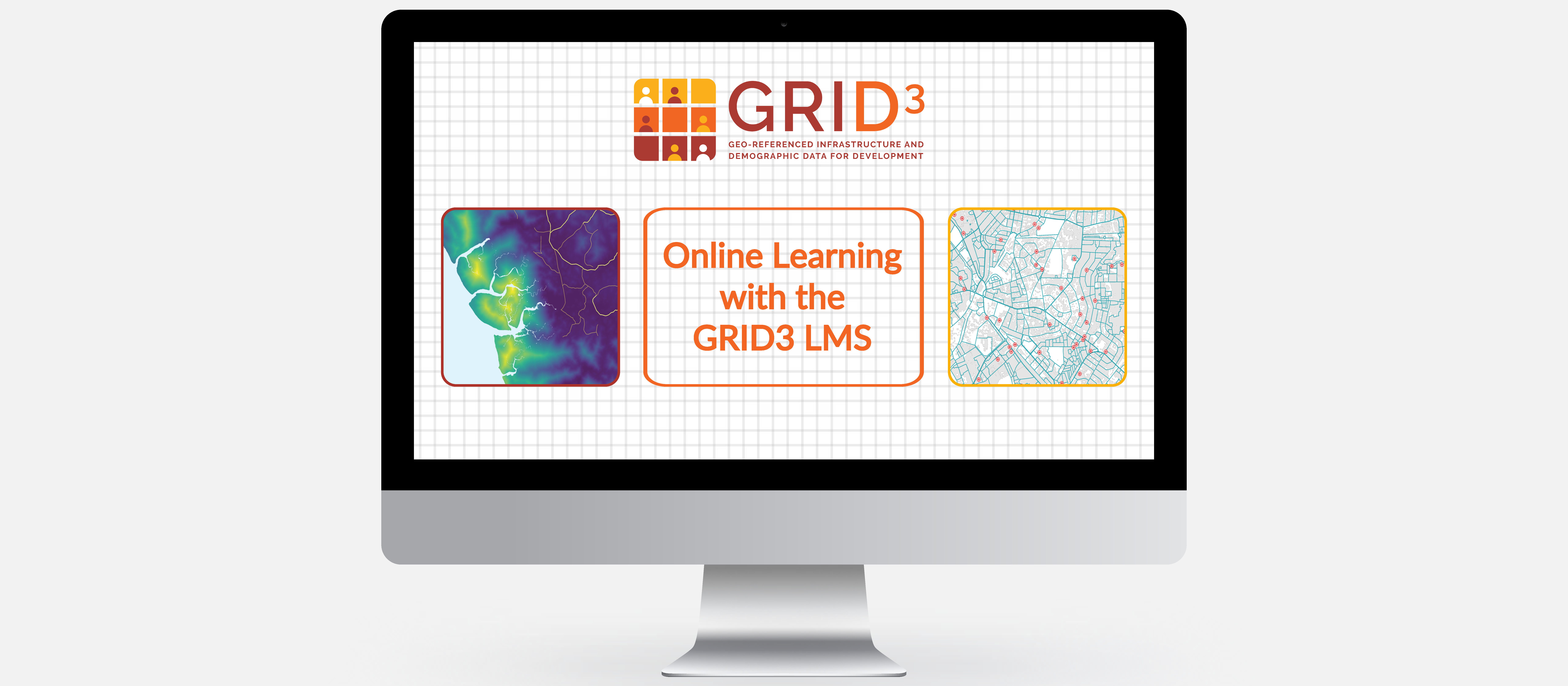General

Welcome to the GRID3 Learning Management System (LMS)
What is an LMS?
A Learning Management System (LMS) is an online platform developed for education, training and collaboration. It provides a wide range of learning resources. It is important for learners to understand the full capabilities of the platform in order that they can make optimal use of it. An LMS appears, on one level, to be a simple website displaying a range of informative content. However, this simple interface masks an extensive range of learning and media resources, applications and methods which optimise this website into a comprehensive learning platform, or as some describe it a 'virtual college.'
-
Learning Management System definition: “ The best way to imagine a learning management system is to think of it as a vast website, that only those people with a log-in will be able to access. Within this ‘gated’ website you can provide interaction with your students in two modes: online or blended. Online learning is similar to distance education provided by organisations like the Open University where students are based off campus and interact with tutors and other learners asynchronously. Blended learning is where teachers and students meet physically, but the LMS is used to support learning by providing a space where materials can be stored and organised, assessments can be given, and students and teachers can interact using blogs, forums, and so on.” (https://www.webanywhere.com/2018/06/20/what-is-a-learning-management-system-lms/)
The GRID3 LMS is built on Moodle, an open source software code package. Find out more about Moodle in the section below, which provides links to a wide range of resources, help and support.
How does a learner use this LMS?
When embarking on a training programme, a learner is keen to get going, therefore rapid orientation around the LMS is vital. Here is a typical route into the learning features of the LMS:
- Go to your Dashboard (the link is always in the top-left of your screen)
- Locate your Programme Information Page (the title begins with "GRID3 Online Training Programme:..." )
- Use this page to access individual courses and content, post a message to their group forum, pick up news and announcements, or check details and links to live webinars (if these are included in your programme)
- Visit a Course Page - each page provides a range of downloadable learning materials (presentations, practical exercises, training data and videos) as well as course assessments
More details on each of these key elements of the LMS is provided in the sections below.
Copyright and data usage
The copyright and intellectual property for all course and training materials are reserved by Flowminder and their GRID3 Partners. Please cite: © 2020 GRID3; grid3.org
Unless you and/or your organisation have a separate and agreed licence agreement,this work is licensed under the Creative Commons Attribution-NonCommercial-ShareAlike 4.0 International License. To view a copy of this license, visit http://creativecommons.org/licenses/by-nc-sa/4.0/ or send a letter to Creative Commons, PO Box 1866, Mountain View, CA 94042, USA.
Acknowledgements
Some materials and concepts are adapted from training materials provided by Synergy Learning, these are clearly identified. This page was compiled by Mark Dover and Graeme Hornby, from the GRID3 Training team.